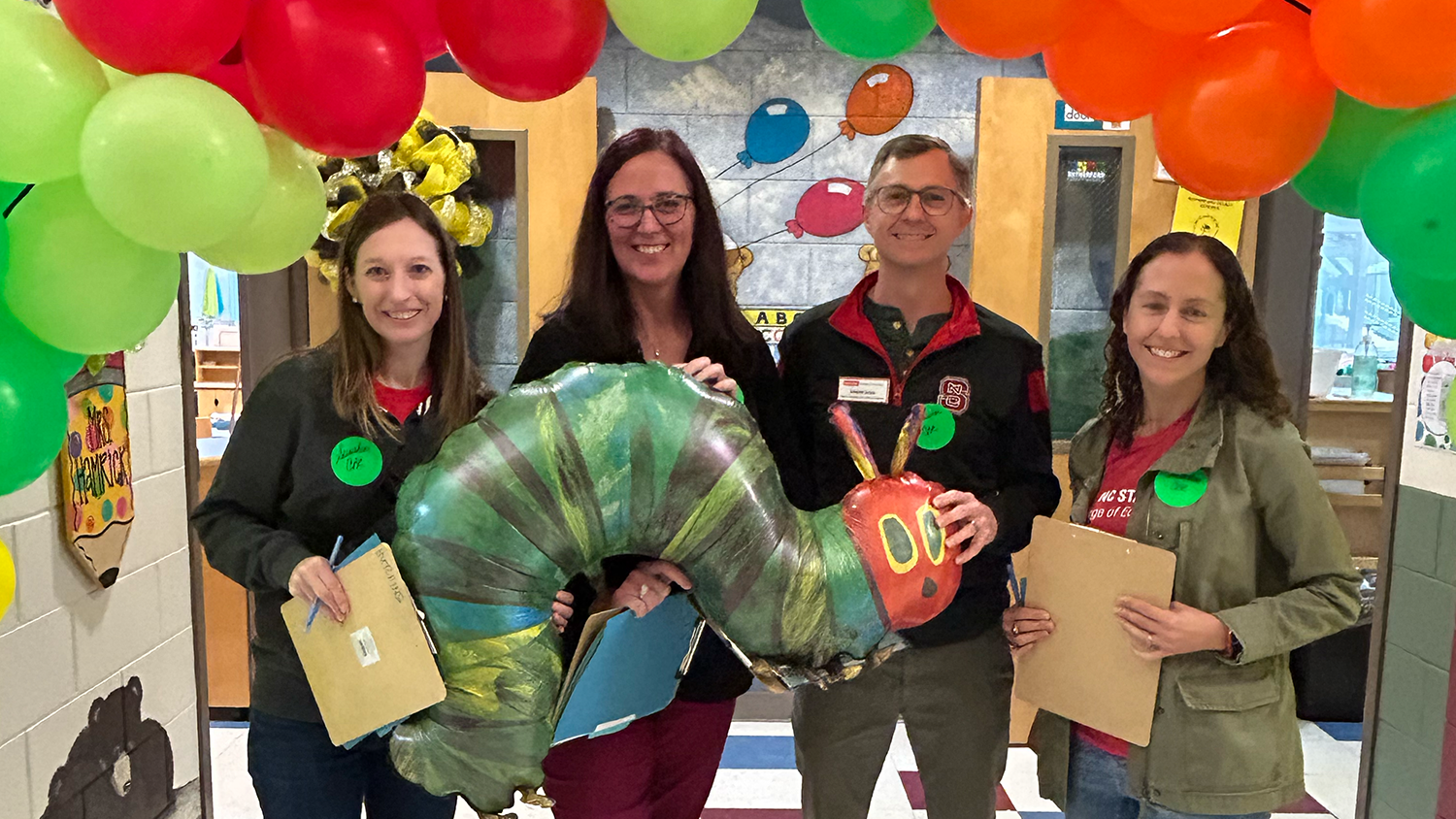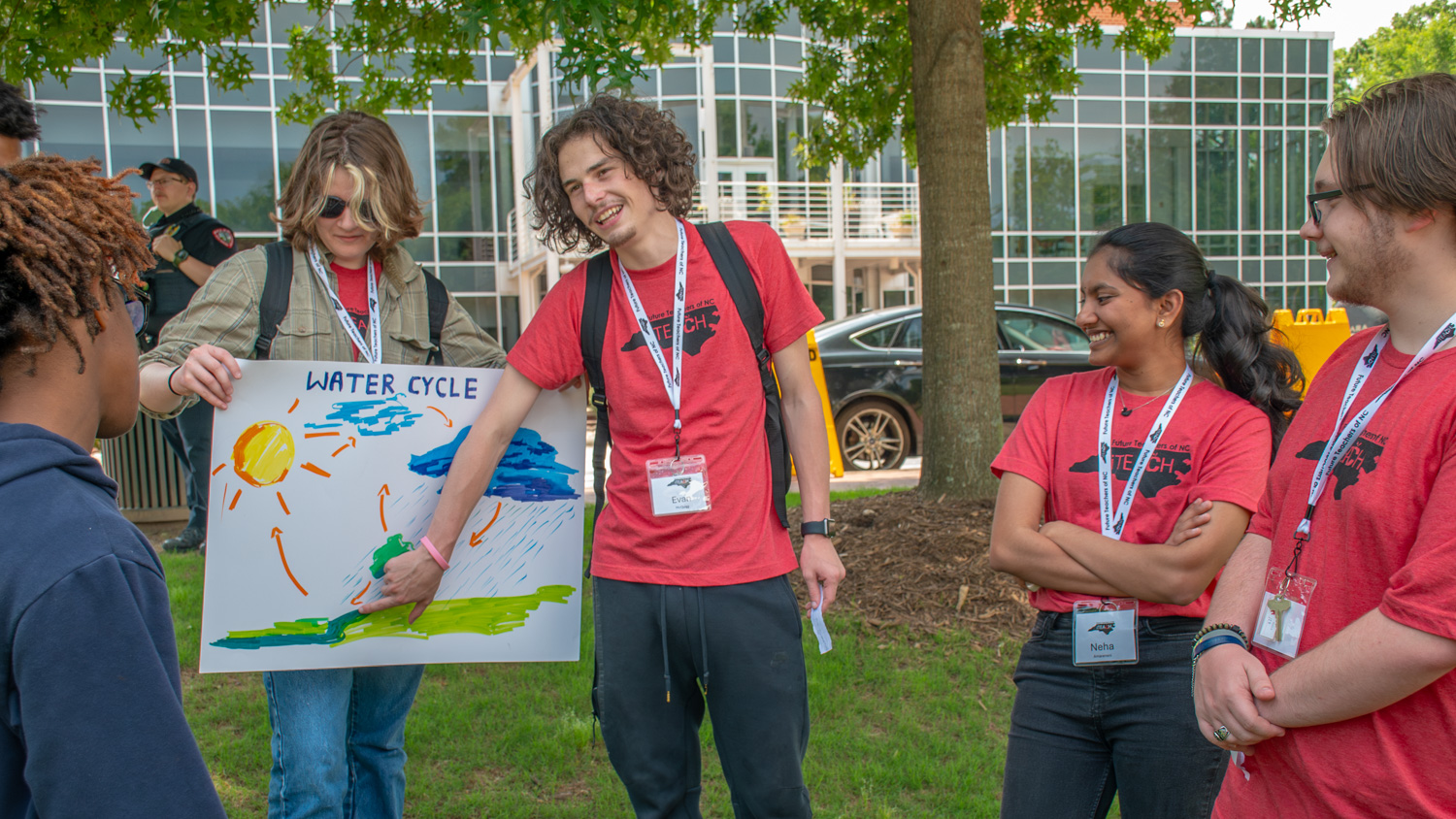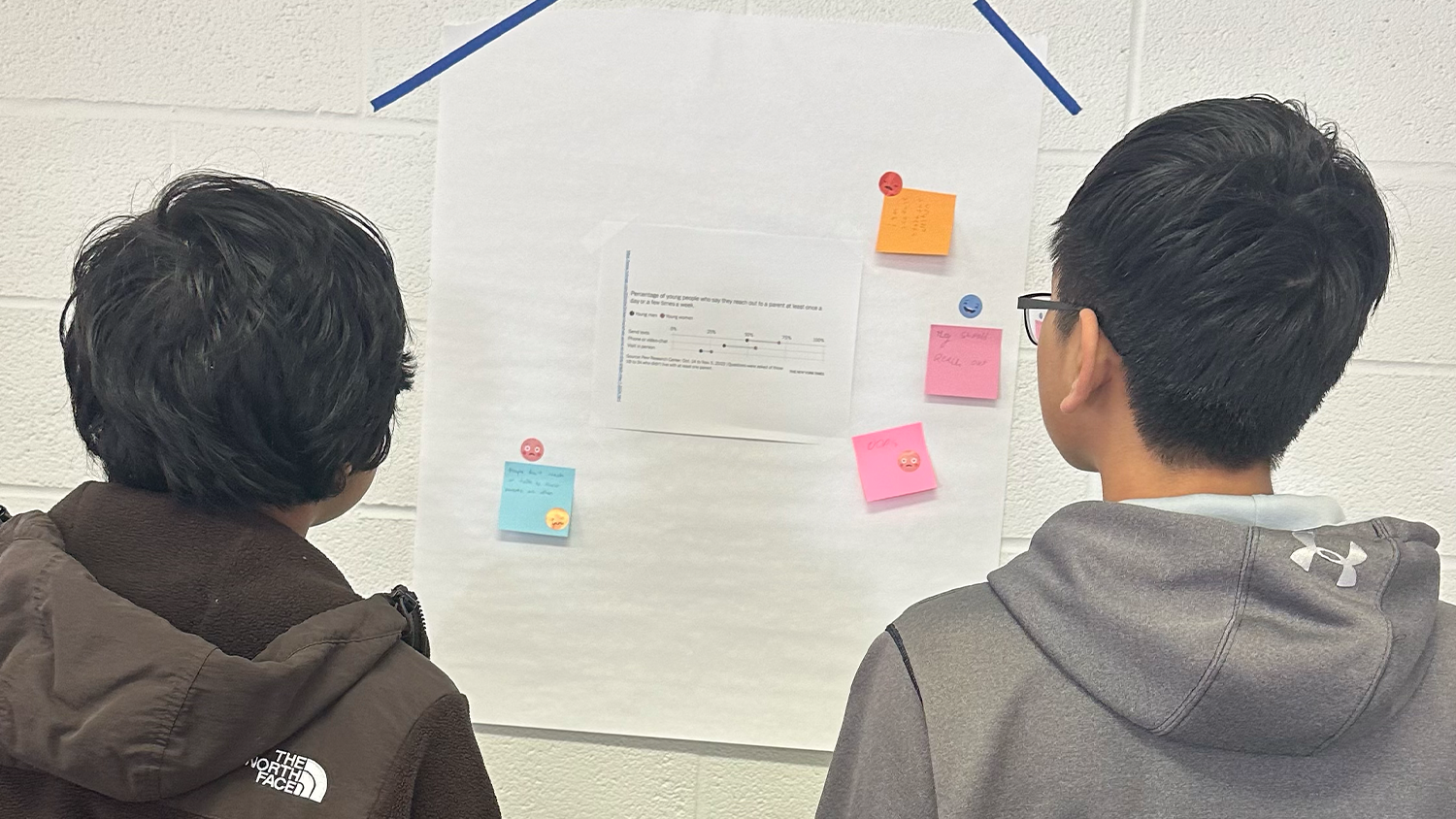Kevin Oliver, Angela Wiseman Provide Professional Development for In-service Teachers Through Cultural Immersion, Digital Tools in Germany
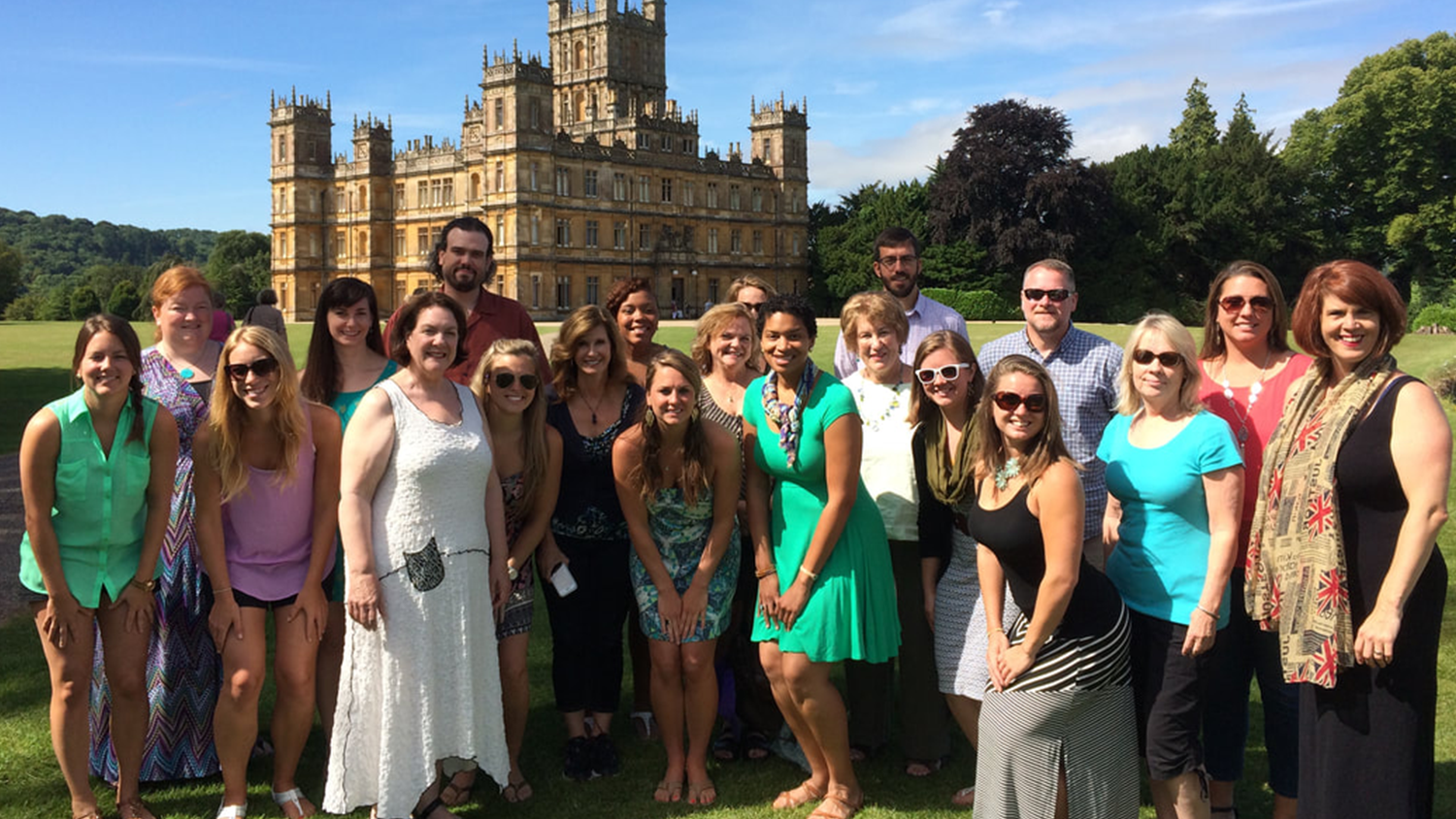
More than a dozen educators will have the opportunity to learn more about diverse cultures through an immersive professional development program from the NC State College of Education that is currently accepting applications for a trip to Germany in the summer of 2020.
The program, Cultural Investigation and Digital Representation for Educators (CIDRE), infuses writing and technology into different cultural experiences. Since the program began in 2011, 128 in-service K-12 teachers from Wake, Orange, Durham and Chatham counties have had opportunities to travel to England, Finland, Sweden and the Czech Republic.
Prior to traveling, teachers attend Saturday classes at NC State and pick a cultural theme related to their subject area to study. They then learn digital tools, including augmented reality, digital documentary and Google Tour Builder, that they can use to visualize cultural representations in their classroom.
“We’re encouraging them to pick a theme that can help inform their teaching, and it’s a way for them to show their students something about their content area in a different country,” said Kevin Oliver, Ph.D., professor of learning design and technology and a faculty leader of the trip.
“The tools that we introduce, a lot of educators haven’t had prior experience with them, so it helps them begin to see some of the teaching strategies they can readily employ, and a lot of these tools are free.”

In the summer of 2020, Oliver and Angela Wiseman, Ph.D., associate professor of literacy education, will bring educators to Germany for two weeks for the first time in the program’s history.
While there, the group will visit several historical sites connected with World War II, including an education seminar at the Dachau concentration camp; learn about cultural practices in the Alps; and tour a BMW plant to learn about economic staples in the country. In addition, educators will have the opportunity to visit a variety of castles and museums in and around Munich, where the group will also attend the White Raven Festival at the International Youth Library.
“Munich is an important place as far as history and culture and there’s going to be a lot to explore there, so I knew it would be a very rich destination for our educators,” said Wiseman, who previously lived and had a research fellowship in Germany.
The Triangle Community Foundation’s Borchardt Fund funds the annual trip through a grant, which was recently extended indefinitely, giving educators the opportunity to gain cultural experiences for the foreseeable future.
For many educators who participate, the CIDRE program is the only opportunity they have to travel abroad, giving them valuable experiences and insight they can bring back to their classrooms in North Carolina.
“I think that when you have an immersive experience, it’s unsettling in a way because you’re trying to figure out how to do a lot of things that we take for granted, like figuring out how to pay for groceries or navigating transportation,” Wiseman said. “For some of these teachers, this is their first time experiencing language and cultural differences, yet they have students who have experienced this on a regular basis.”
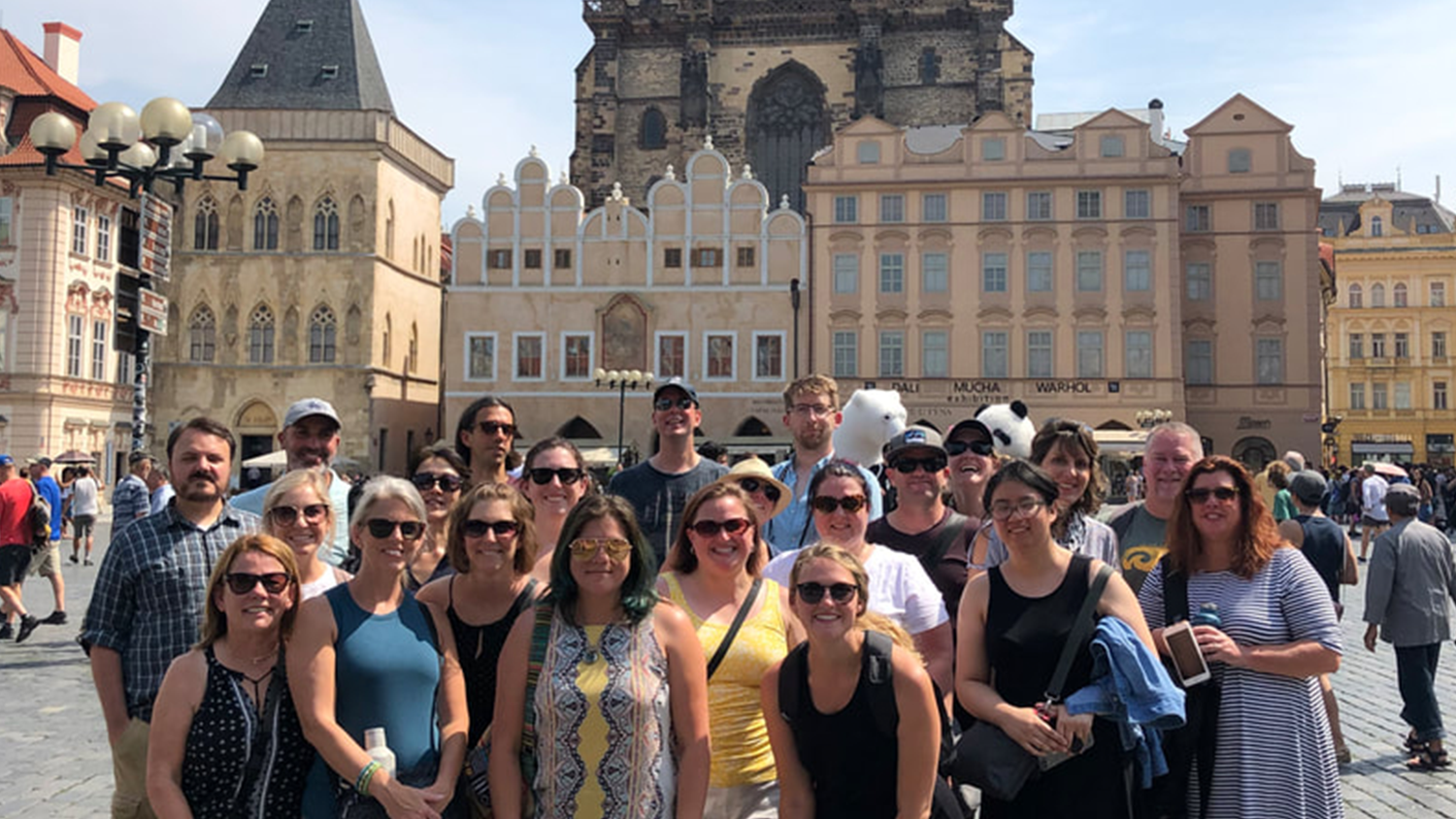
In addition to developing a deeper understanding of how to teach about cultural differences, teachers in the past have had the opportunity to connect with educators in other countries to conduct a global project with their students. This skill, Oliver said, is important as the need for students to know how to engage in intercultural communication continues to increase as technology and travel make international work more common.
“‘Culture’ and ‘Global’ are terms mentioned in almost every set of content area standards, even in subjects like computer science, where they had never been included before,” Oliver said. “There’s this recognition, I think, that there are ways to bring culture into all content areas.”
Full-time, in-service teachers and administrators from Wake, Durham, Orange or Chatham counties who are interested in attending the July 2020 trip to Germany can apply online through Jan. 7.
[button]Apply Now[/button]
- Categories:
